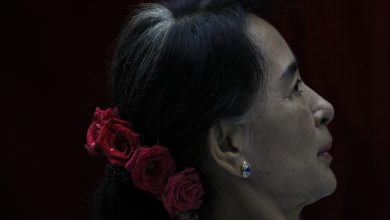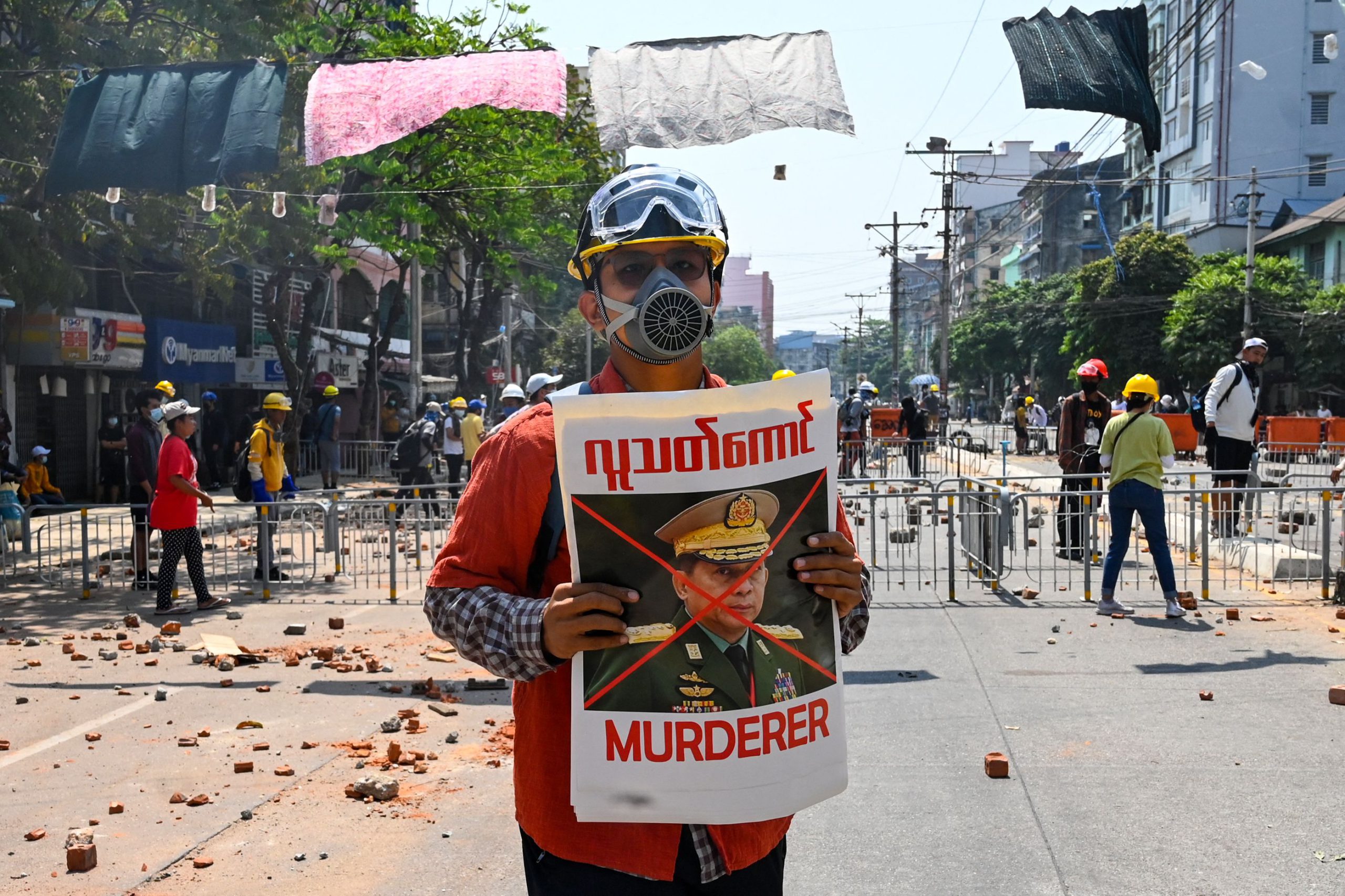
In June 2020, Danny Fenster, an American from Michigan then working as a copy editor in Myanmar Now’s Yangon newsroom, was concerned about the upcoming expiration of his business visa, which allowed him to live and work legally as a journalist in Myanmar.
The visa process for foreign journalists in Myanmar has never been straightforward. It has always required the utilisation of personal connections and a certain level of intervention to ensure that the application and renewal processes go smoothly.
That was why we sought the guidance of Aung Hla Tun, a former Reuters correspondent and then Deputy Minister of Information under Aung San Suu Kyi’s National League for Democracy government. (Editor’s Note: Aung Hla Tun too was detained in the aftermath of the coup along with Suu Kyi and other civilian officials)
Aung Hla Tun’s staff asked us to provide them with a list of editors at Myanmar Now. We sent the updated list—which included Danny—with no way of knowing that months later this document would be used by the military as key evidence in accusing him of crimes he never committed.
Before we had even received a response from the Ministry of Information, Danny had already moved to the Yangon-based Frontier Myanmar magazine, where he had been offered a senior editorial position. He was apologetic about his departure and we were sorry to let him go, especially at a time in which many other foreign journalists had already left the country. He is compassionate, good-natured and a talented writer, and he was keen to learn about Myanmar’s political complexities.
However, we understood his decision. After all, Frontier Myanmar’s production was largely in English, and at that time Myanmar Now was focusing a large portion of its reporting on Burmese language news for the wider Myanmar public.
Six months later, the military carried out a coup. In the days just before the takeover, we had heard rumours that Myanmar Now would be targeted by the military and its ultra-nationalist proxies who had featured prominently in our coverage in recent years.
We started gathering funds, removed our office computers and, after the coup, notified current and former staff members to be vigilant about their safety in an increasingly dangerous political landscape.
As anticipated, the military raided Myanmar Now’s newsroom on March 8 and confiscated the computers and equipment we had been unable to move in time.
The junta then proceeded to revoke the operation licences of Myanmar Now and many other independent news outlets in the country. We believe we were relatively safe because many of our staff had gone into hiding. However, one of our video reporters—Kay Zon Nway—was languishing in jail after being arrested while covering the military’s first major crackdown on the anti-coup protests in Yangon on February 27. She was later released on June 30.
We believed Danny would be spared persecution by the junta, and that he was in safe hands with Frontier Myanmar, his new employer. The organisation was not among the blacklisted news groups, nor had their other reporters or editors been arrested. Its founder, Sonny Swe, had experience running media publications under military rule—including the now-defunct Myanmar Times in the early 2000s, a time when strict censorship rules were imposed on the press.
That was why major questions were raised as to why Danny was detained at the Yangon airport on May 24 while waiting to board a flight to the US.
It emerged only during Danny’s so-called court hearings within Insein Prison that the junta’s Ministry of Home Affairs had issued a directive in the aftermath of the coup to arrest all the “responsible editors” working with Myanmar Now. We learned that this included Danny, as well as three others: Swe Win, Aung Shin and Nyein Chan.
We have also learned that this list of editors was reportedly provided to the Ministry of Home Affairs by the Ministry of Information.
The junta has never made a public announcement declaring the issuing of arrest warrants against these individuals, except concerning Myanmar Now’s editor-in-chief Swe Win.
There is every possibility that Danny’s name was found on the airport’s blacklist as he attempted to leave the country and that he was genuinely mistaken as being a current employee of Myanmar Now.
If this were the case, the junta could have redressed this error within days. The military has long carried out intense surveillance of Myanmar’s media and those working in the sector, and has no shortage of informers to ensure that the authorities remain updated.
We believe that the junta likely realised their error in detaining Danny, but determined that his arrest was an opportunity to take an American citizen hostage for political purposes.
This was further apparent in the outrageous charges brought against him in October and early November, including accusations that he committed sedition and violated the counterterrorism law. Each calls for a life sentence—20 years in prison.
Danny’s initial sentence of 11 years’ imprisonment on Friday for three other charges was nothing short of heartbreaking. His conviction of committing incitement, having ties to “unlawful associations” and violating visa rules exemplifies the cruelty and shamelessness of a regime that has proven itself capable of all manner of atrocities.
We must not underestimate the depravity or vindictiveness of Myanmar’s military toward institutions or individuals that threaten its desperate grip on power.
In their prosecution of Danny, the junta has essentially issued a challenge to the US.
We call on President Biden’s administration to send an unmistakably clear message to the junta that Danny Fenster must be freed immediately and unconditionally. There is no alternative.



